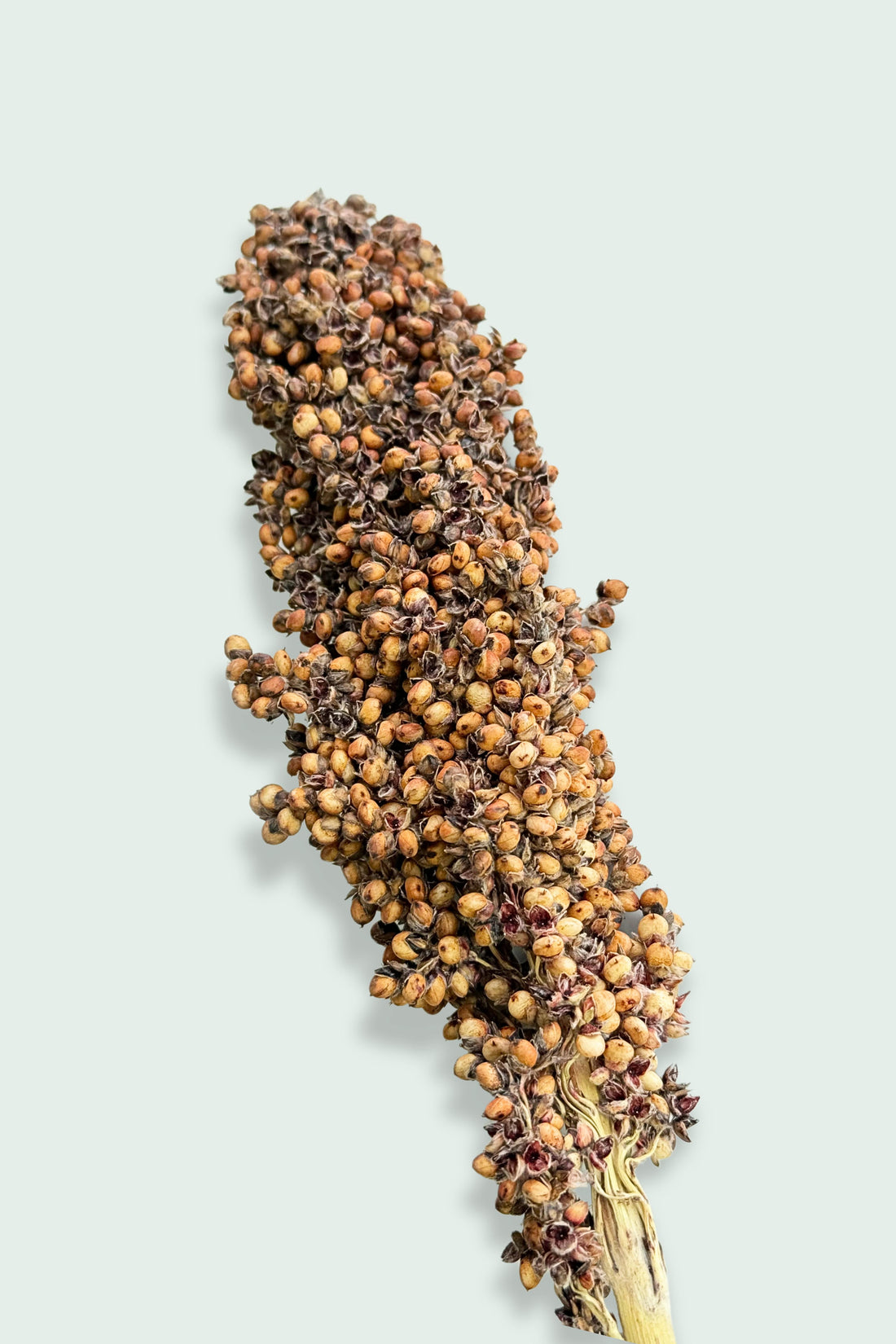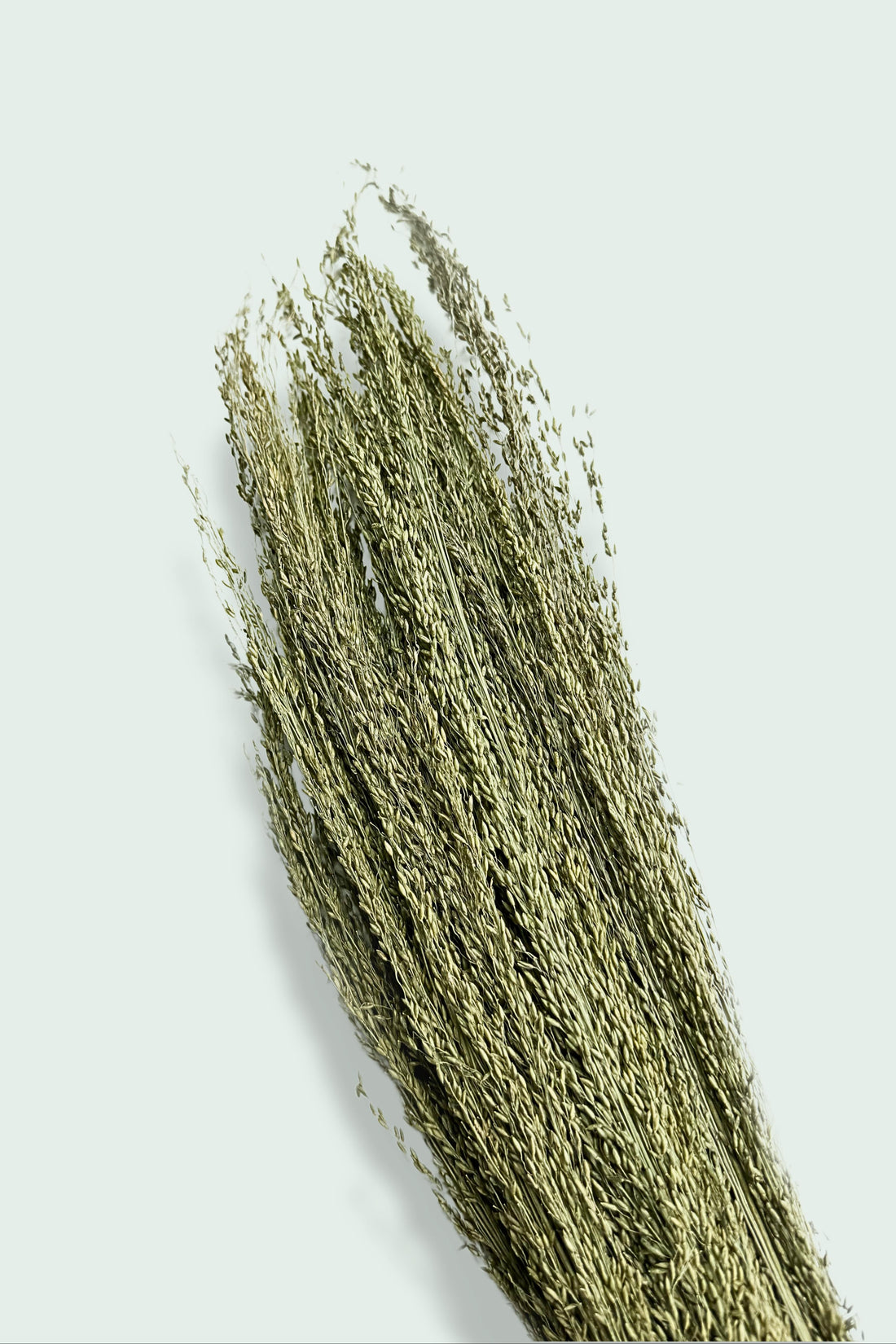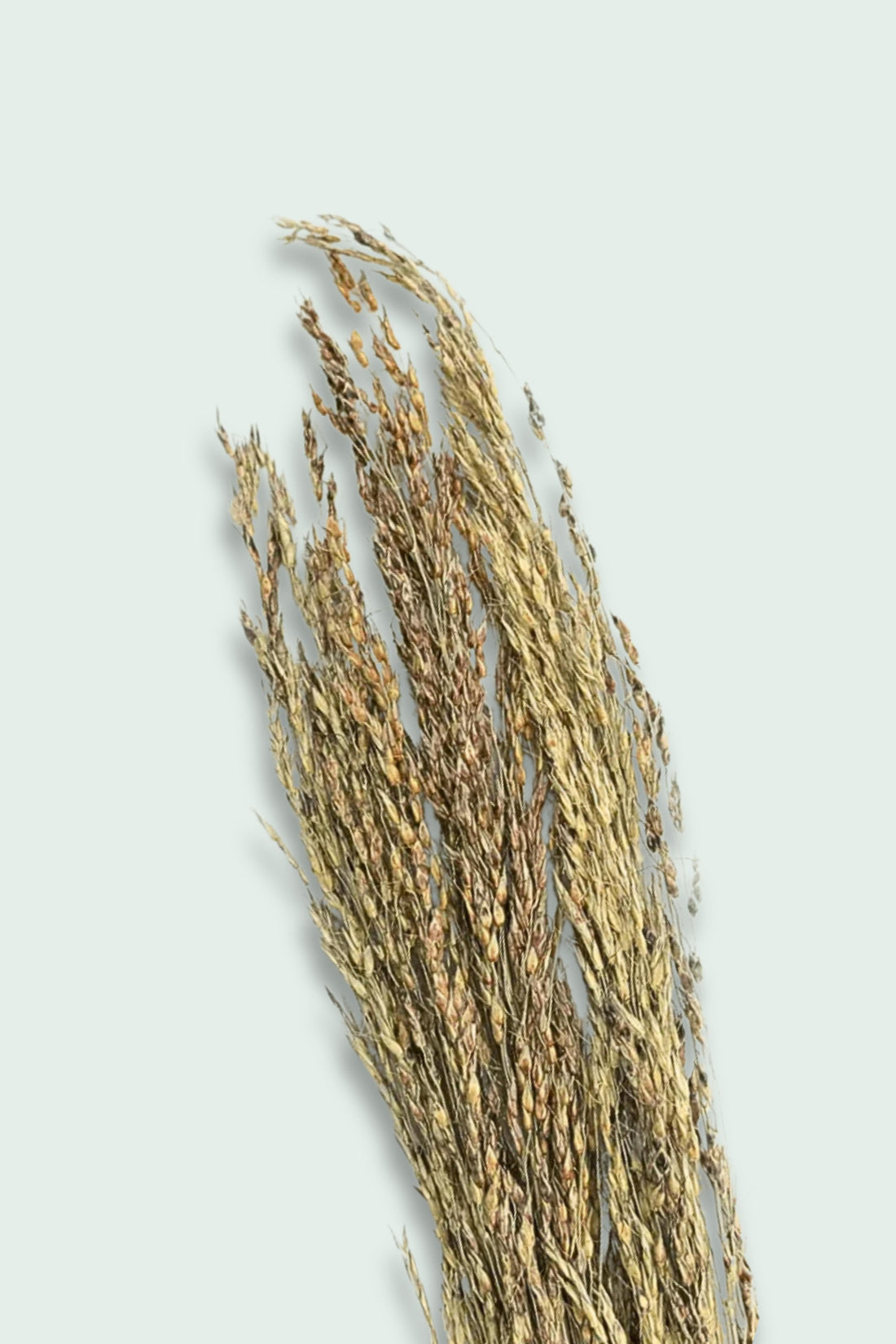Chinchillas are fluffy, curious, and intelligent small animals that have become increasingly popular as pets thanks to their playful nature and soft, dense fur. But with their unique biology comes the need for a very specific diet. Providing your chinchilla with the proper nutrition is essential for its health, happiness, and longevity.
Whether you’re a new chinchilla parent or looking to improve your current feeding routine, this complete guide will help you understand what chinchillas eat, what to avoid, and how to enrich their lives through healthy, natural treats.
We’ll also introduce some handpicked products from Moony Paw that can make feeding your chinchilla both fun and functional. 🌿
🥬 The Core of a Chinchilla's Diet: Hay
The main component of a chinchilla’s diet should always be fresh, high-fibre hay. Hay mimics what wild chinchillas eat in their native Andean environment and supports both digestive health and dental care.
Hay is vital because chinchillas have open-rooted teeth that grow non-stop. Without proper chewing on fibrous material, they risk painful overgrowth, which can lead to difficulty eating or life-threatening infections.
✅ Benefits of Hay:
-
🐇 Supports a healthy digestive system
-
🦷 Prevents tooth overgrowth and dental disease
-
🌾 Encourages natural foraging instincts
💡 Tip: Provide unlimited access to hay at all times. Keep it in a dry, clean hay rack and check that it’s free of dust or mould.
Popular choices include timothy hay, meadow hay, or orchard grass. Avoid alfalfa as a daily staple unless feeding a very young, pregnant, or nursing chinchilla.
🥣 Do Chinchillas Eat Pellets?
Yes — in small amounts. Pellets are a supplement, not a staple. Choose pellets formulated specifically for chinchillas with no added sugar, artificial colours, or fillers.
🌱 Pellet Guidelines:
-
🌿 Alfalfa- or timothy-based
-
❌ No artificial additives
-
⚖️ 1–2 tablespoons per day
Feeding too many pellets can make chinchillas picky and cause them to ignore hay, which is far more important for long-term health.
🥕 Can Chinchillas Eat Fresh Vegetables and Fruit?
While fresh veggies and fruits are common in many small animal diets, chinchillas are the exception. Their digestive systems are delicate and not adapted to high-moisture, high-sugar foods.
🟢 Occasionally Safe (small quantities):
-
🌿 Parsley (fresh or dried)
-
🌼 Dandelion greens (preferably dried)
🚫 Avoid:
-
🍎 Apples, grapes, bananas
-
🥒 Cucumbers, lettuce
-
🍓 Berries, carrots
Too much sugar, even naturally occurring, can cause bloating, diarrhea, or GI stasis, which is a serious and often fatal condition.
Stick with dried natural forage, which mimics wild foraging behaviour while keeping your pet’s tummy safe.
🌸 Dried Flowers and Herbs: The Perfect Treat
One of the best ways to enrich your chinchilla’s diet is through dried flowers and herbs. In the wild, chinchillas nibble on bark, shrubs, and plants. Offering these types of treats promotes natural chewing, mental stimulation, and healthy variety.
✨ Moony Paw’s Natural Favourites:
-
🌹 Rose Buds: A gentle, antioxidant-rich flower that supports gut health and satisfies your chinchilla’s curious palate
-
💐 Premium Flower Mix: A colourful blend of chamomile, cornflower, calendula, and rose petals — ideal for sprinkling into hay
-
🌼 Angle Flower Mix: A foraging mix designed to replicate wild conditions and engage your chinchilla’s natural instincts
🧠 Pro tip: Scatter a small pinch of flower mix across your chinchilla's hay pile to encourage foraging and prevent boredom.
🪵 Why Chewing Is Essential
Chinchillas need to chew every day to wear down their continuously growing teeth. Without appropriate chew items, they risk serious dental complications, including painful abscesses or misalignment.
Chewing also prevents stress and boredom, especially in indoor environments where enrichment is vital.
🔥 Best Chew Options:
-
🪨 Natural pumice stones
-
🌱 Jerusalem Chew Sticks: 100% natural, fibrous sticks made from Jerusalem artichoke stems — perfect for healthy teeth and safe chewing
Avoid anything coloured, glued, or made from synthetic materials. Stick with natural, chemical-free chew toys from trusted sources.
🍬 Do Chinchillas Like Snacks?
Yes — but they should be rare and healthy. Snacks are not necessary but can be used as training rewards or occasional enrichment.
Treats should make up less than 5% of the diet and should always be:
-
🐾 Natural
-
🐰 High in fibre
-
🧂 Low in sugar and fat
✅ Moony Paw Snack Ideas:
-
🌿 Dried nettle leaves
-
🌸 Edible flower petals
-
🐰 Hay cubes or foraging clusters
You can find a full range of suitable options in the Moony Paw Chinchilla Collection.
🚫 What NOT to Feed a Chinchilla
Some items that seem harmless — or are safe for other pets — can be toxic or deadly for chinchillas.
🚫 Never Feed:
-
❌ Nuts, seeds, grains
-
❌ Processed pet treats or cereals
-
❌ Fresh or dried fruit
-
❌ Sugary foods
-
❌ Pasta, bread, crackers
-
❌ Dairy (milk, cheese, yogurt)
-
❌ Human food of any kind
Reading labels is essential. If you're unsure whether something is safe, don't risk it.
💧 Water and Hydration
Your chinchilla must always have access to clean, fresh water. Most chinchilla owners use a hanging sipper bottle, which keeps water clean and uncontaminated. Bowls are fine too, as long as they’re heavy and cleaned daily.
🚱 Avoid:
-
Flavoured water
-
Juices
-
Mineral or sugary drinks
Clean your water bottle or bowl daily to prevent bacteria buildup.
🎯 Final Thoughts: How to Feed a Happy, Healthy Chinchilla
Feeding your chinchilla doesn’t need to be complicated, but it does require attention to detail and consistency. With the right knowledge and high-quality natural products, you can help your chinchilla live a long, energetic, and joyful life.
🔁 Quick Summary:
✅ Unlimited high-fibre hay
✅ 1–2 tbsp of chinchilla pellets daily
✅ Avoid fresh fruit/veg
✅ Daily access to safe chew toys
✅ Enrichment with dried flowers & herbs
✅ Fresh water always available
✅ Snacks only occasionally
🌟 Add These to Your Chinchilla’s Routine:
🌹 Rose Buds – A sweet-smelling natural treat with added antioxidant benefits
🌼 Flower Forage – Mimics the wild foraging behaviour that keeps chinchillas mentally sharp
🪵 Jerusalem Chew Sticks – Safe, satisfying, and naturally fibrous
✨ Upgrade your chinchilla's routine with Moony Paw’s full Chinchilla Collection of safe, trusted, and loved products.






